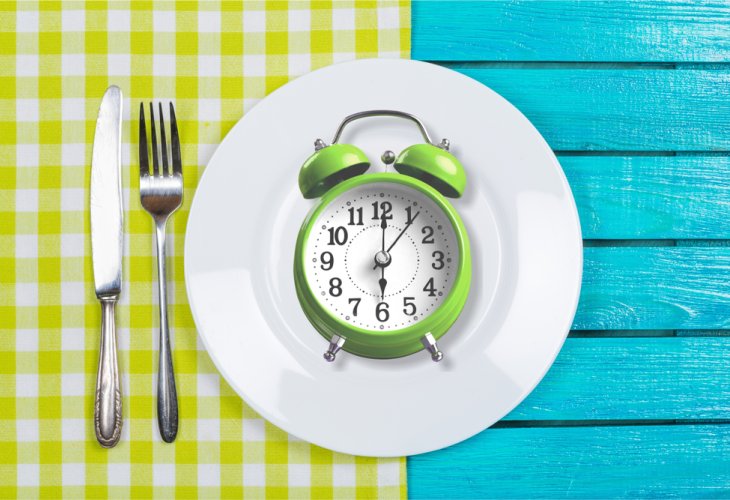Fasting Wisely: Essential Guidelines and Recommendations for a Healthy and Safe Fast
As Yom Kippur approaches, many wonder: How should one properly prepare for the fast? What should be eaten or done to avoid dizziness and headaches? And how to do it correctly to avoid harming the body?
 (Photo: shutterstock)
(Photo: shutterstock)Before the Fast Begins:
- Aim for a positive fluid balance - start drinking about 2 liters of water the day before the fast.
- Coffee addicts should reduce coffee consumption before the fast begins. Many people suffer from headaches due to caffeine withdrawal, so it's advisable to gradually accustom the body to less caffeine.
- Include fats and proteins in the pre-fast meal. Save vegetables for the end of the meal to avoid feeling full too early. Do not skip them, as fibers contribute to a feeling of fullness.
- Avoid an overly large meal. A big meal will cause heaviness, fatigue, and heartburn, making fasting more difficult. It's advisable to eat a nutritious breakfast on the day of the fast (e.g., a 2-egg omelet with cheese and a salad seasoned with olive oil and *tahini* or avocado) and eat another meal 3-4 hours before the pre-fast meal (such as a vegetable quiche with salad, salad with tuna, or a flax bread toast with yellow cheese and vegetables. Some prefer to eat fish at this meal).
- Carbonated drinks cause gas and discomfort, so they are not recommended. Also, avoid sweetened drinks as they increase thirst and cause sharp sugar fluctuations, which can affect health and fasting.
- Gas-producing foods like legumes (hummus, peas, lentils, white beans) and vegetables like cabbage, cauliflower, and broccoli are not recommended.
- It's advisable to separate liquids and solids by ½ hour: drink before or after the meal, not during. The same goes for soup. Drinking during meals causes an early feeling of fullness.
During the Fast, It is Important to Adhere to:
- Energy conservation - try to maintain minimal activity levels on Yom Kippur. If you feel weak, it's best to lie down with raised legs. Avoid long walks.
- Listen to your body and do not fast at all costs. Inform a close friend or partner if you feel unwell.
- For diabetics, fasting is not a given. It's mandatory to consult with your doctor regarding the possibility of fasting and how to proceed, and then approach a rabbi with the medical information to receive personal Halachic guidance on whether fasting is allowed.
- Diabetics who have been halachically allowed to fast can monitor glucose levels using a continuous glucose monitor, especially those taking insulin or medications that may cause hypoglycemia. Long-term insulin dosage should be reduced by 20%, and short-term insulin and/or medications should be stopped. Medications like metformin or Victoza/Ozempic can still be taken.
- Type 1 diabetics should never completely stop insulin intake to avoid DKA (diabetic ketoacidosis), which could be more severe without fluids.
- Prepare in advance for hypoglycemia (blood sugar drops below 70): Inform a relative or friend about the signs and how to help and equip yourself with glucose tablets, sugar packets, or a sweet drink. If hypoglycemia occurs, stop fasting, drink a cup of juice or take 4 glucose tablets, wait 15 minutes, and recheck. If sugar levels are still low, repeat the treatment and check again after a quarter-hour, and seek medical help if necessary.
At the End of the Fast:
It is recommended to drink a warm beverage (not boiling) and eat something light, such as a low-carb cookie or one or two pieces of dark chocolate. Half an hour later, have a regular meal and continue drinking to replenish lost fluids. Also, avoid too large a meal to prevent overburdening the digestive system, which hasn’t functioned for a full day. Try to eat slowly and chew well to "assist" the digestive system in processing the food.
For fasting diabetics, it's important to monitor blood sugar levels and resume taking medications as usual.
Adina Bachar is a clinical dietitian at the DMC Diabetes Treatment Center.

